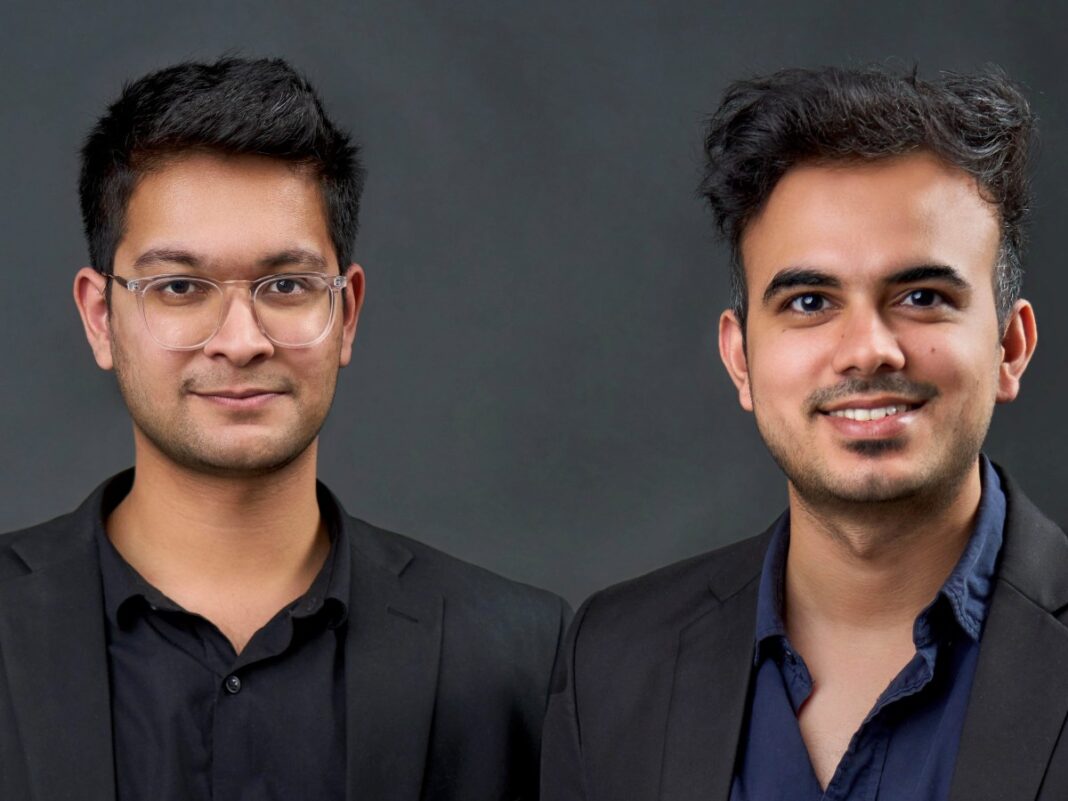For cancer patients, medicines administered in clinical trials can help save or extend lives.
But despite thousands of trials in the United States each year, only 3% to 5% of eligible patients enroll in investigations of new treatments.
Triomics, a generative AI startup, claims it can significantly reduce the time it takes doctors to match patients with trials.
Doctors’ recommendations are often key to getting patients enrolled. However, busy oncologists and nurses often lack the time to learn about all the clinical trials that may be right for their patients.
I am not a doctor, so I don’t know about the day-to-day challenges of oncology medical staff. But I unfortunately know from personal experience how hard it is to find clinical trials for cancer patients. When my father was sick, I spent countless hours poring over clinicaltrials.gov, a website and database that lists thousands of ongoing trials. And just in March, I spent half a Saturday trying to find a clinical trial for a friend who has stage IV cancer. Her doctor only offered one trial, so she asked me if there were other options.
Since most clinical trials have complex criteria, there are often dozens of factors such as stage of cancer, mutations and previous treatments for eligibility. Medical staff often need hours to manually review a patient’s medical record to find a fitting clinical trial. But due to a shortage of oncology professionals, many cancer patients aren’t offered to participate or they miss their eligibility window.
Triomics was founded by former MIT biotech researcher Sarim Khan and AI scientist at Adobe Hrituraj Singh. The pair, who have been friends since college, decided to build Triomics in 2021 after realizing that advances in generative AI and LLMs could help extract data from electronic health records (EHR) to help find appropriate clinical trials for cancer patients in minutes instead of hours.
Khan and Singh entered Y Combinator in the winter of 2021 and proceeded to work on an LLM built specifically for cancer centers and oncology departments in hospital systems.
Three years later, Triomics says six cancer centers and hospitals are actively using or piloting its LLM, and it plans to double that number by the end of the year. And now the company has raised a $15 million Series A from Lightspeed, Nexus Venture Partners, General Catalyst and Y Combinator to help it continue to develop its platform and roll it out to new customers.
While reducing how long it takes for patients to be matched with clinical trials may seem like the most immediately valuable application of Triomics software, Khan says that Triomics is a lot more than a clinical trials company. “Doctors use it for several different use cases that I could just go on and on about,” he said.
After Triomics’ LLM, which the company is calling OncoLLM, “reads” the patient’s medical record, the data could be used to help prepare doctors and other medical staff for patient visits or to help submit cancer data with details of organs affected and stage of progressions to state regulatory agencies.
Of course, Triomics isn’t alone in tackling this area. Other startups doing AI clinical trial matching include Deep 6 AI, QuantHealth, Trajectory, among others.
But Khan believes that Triomics is one of the few startups processing large swaths of datasets specifically for cancer centers.
Source link









